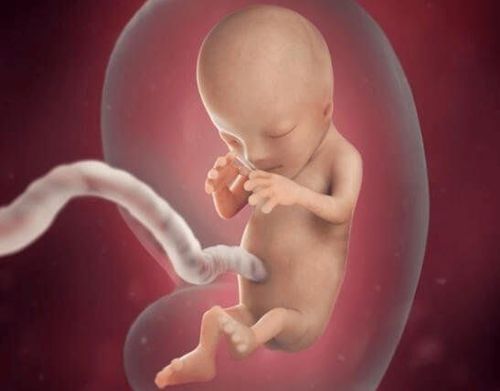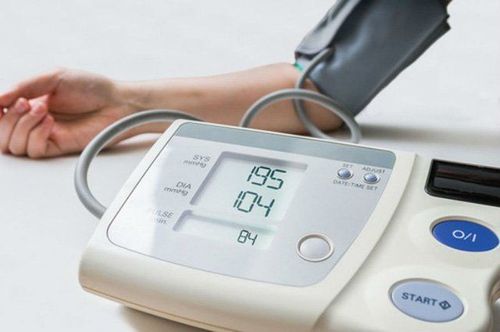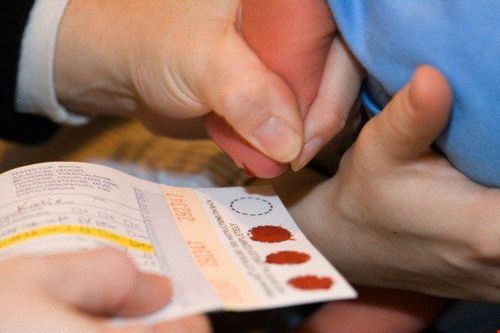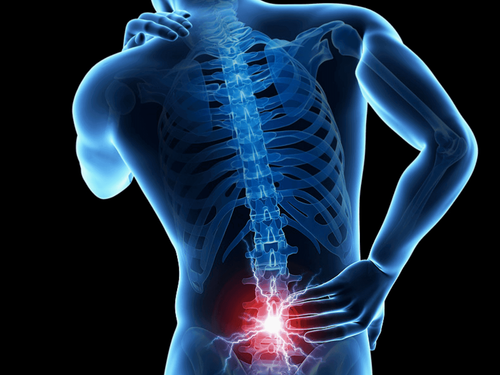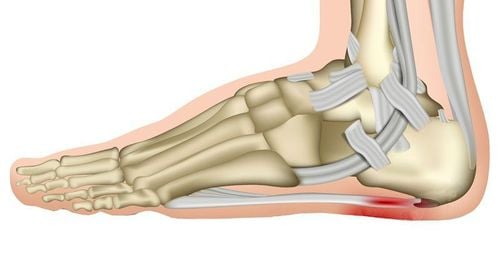Nội dung bạn đang tìm kiếm không có phiên bản tiếng Việt.
Vui lòng chọn tiếp tục để xem nội dung tiếng Anh hoặc đi đến trang chủ Tiếng Việt.
Rất xin lỗi về sự bất tiện này.

Home
Tag Endoscopic lithotripsy
Articles in Endoscopic lithotripsy
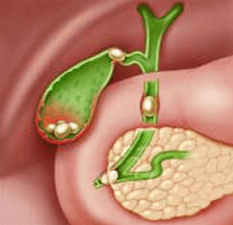
Laparoscopic surgery to open the common bile duct to remove stones
Laparoscopic surgery to open the common bile duct to remove stones is a method of treating common bile duct stones with many advantages such as small scars, less pain, early mobilization, reduced rate of complications after surgery, ...
Xem thêm
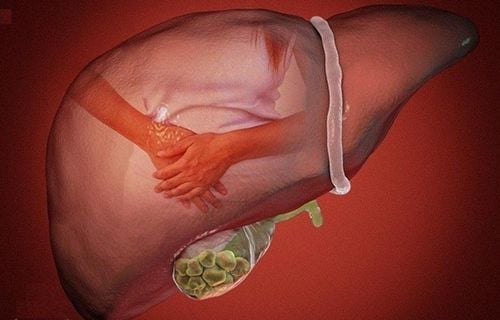
Learn about laparoscopic surgery to remove common bile duct stones with Kehr . drainage
Laparoscopic cholecystectomy with Kehr drainage is the most commonly used method for surgical treatment of common bile duct stones. Besides, Kehr drainage after surgery to remove gallstones also brings many useful effects.
Xem thêm
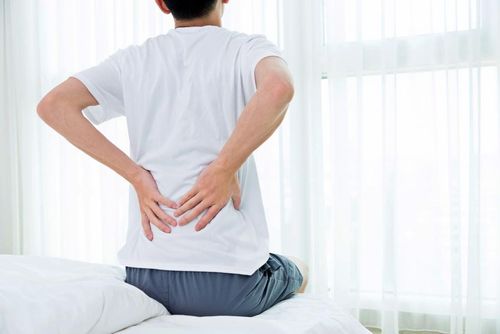
Is blood in urine after laparoscopic lithotripsy?
Hi doctor! My husband just returned home from endoscopic lithotripsy, with a tube in place, 2 days after discharge from the hospital. When urinating, there is still blood in the urine. Bleeding from time to time. I want to ask if there is blood in urine after laparoscopic lithotripsy?
Xem thêm
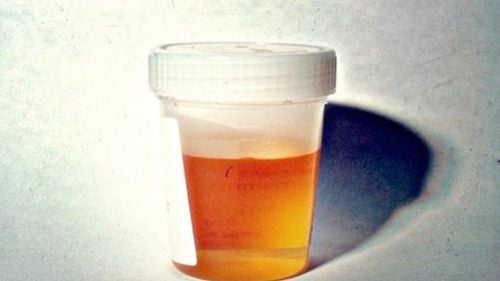
Is red urine after endoscopy for kidney stones?
Hello doctor, I just had a kidney stone endoscopy after surgery, in the morning I didn't drink water but still came out red urine, what's wrong?
Xem thêm
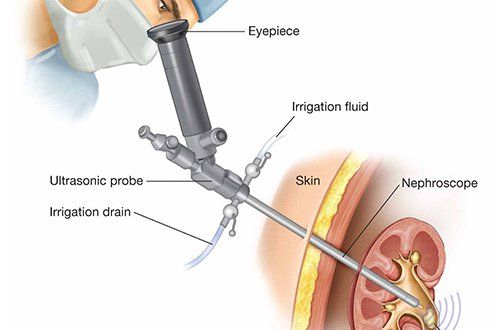
Percutaneous kidney stone lithotripsy: Non-invasive, highly effective
Percutaneous nephrolithotomy is a new endoscopic method that is being applied and is effective in treating kidney stones and ureteral stones. Percutaneous nephrolithotomy is non-surgical and non-invasive; the stones will crumble and be sucked out.
Xem thêm

Endoscopic laser lithotripsy: Can dissolve large stones without damaging the ureter
Among the current treatments for ureteral stones, laser lithotripsy is one of the most advanced treatments. This method offers hope for a thorough treatment of ureteral stones, is non-invasive, can crush large stones, and does not damage the ureter.
Xem thêm
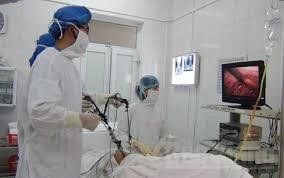
Laparoscopic removal of ureteral stones
Urinary stones are a common disease, accounting for 2 - 3% of the population and 30 - 40% of urinary diseases, in which ureteral stones are the second most common disease after kidney stones. Currently, there are many methods of intervention for ureteral stones in the world, in which endoscopic ureteral stone surgery is increasingly widely indicated with many advantages, and has brought very positive results in recent years.
Xem thêm

Surgical treatment of kidney stones
Kidney stones are a common disease of the urinary system. Currently, there are many advanced surgical treatment methods that help break up stones non-invasively. Depending on the patient's condition and the size of the stone, doctors will prescribe the appropriate treatment method.
Xem thêm
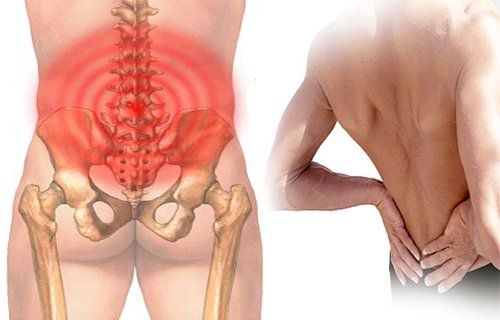
Emergency treatment of renal colic pain
Renal colic is a common condition in patients with kidney-related diseases (such as kidney stones, cancer, renal tuberculosis, etc.). This article presents an understanding of the signs as well as how to handle and treat patients with typical renal colic.
Xem thêm
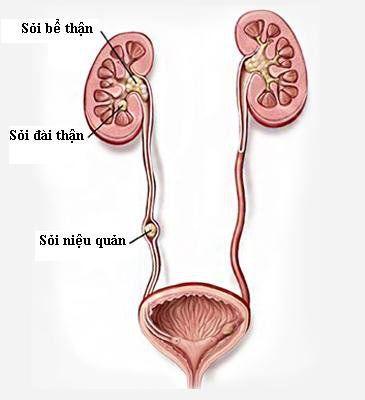
Laparoscopic surgery to treat urethral stones
Urethral stones are a common disease, most of which are stones from the kidney, ureter or bladder moving down the urethra. If not treated properly, urethral stones will cause recurrent urinary tract infections, even causing complications such as urinary disorders that affect the health and quality of life of the patient. Endoscopic surgery to treat urethral stones is an effective treatment method for patients.
Xem thêm
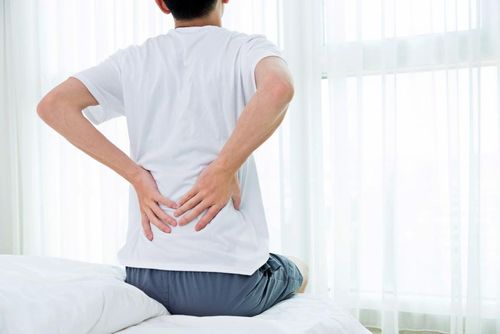
Who is laser ureteroscopy suitable for? How is it done?
New methods in minimally invasive surgery for urinary stones have emerged with many superior features. Among them, laser ureteral lithotripsy is considered a breakthrough in the treatment of ureteral stones.
Xem thêm




